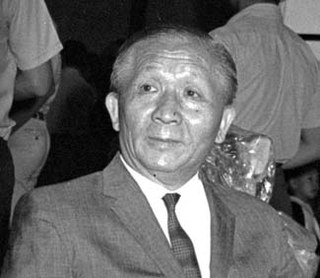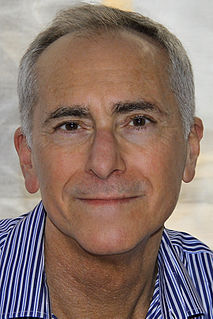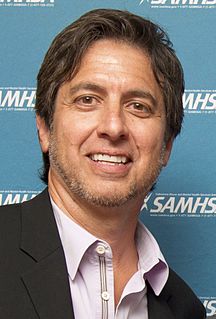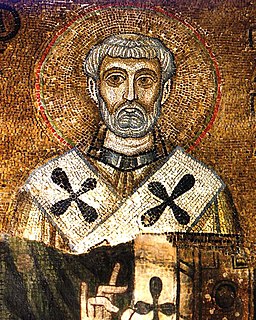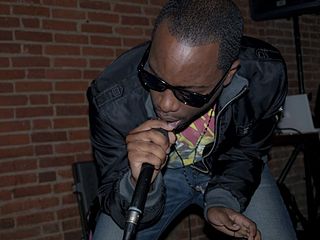A Quote by Ella Wheeler Wilcox
It has always been my belief that children inherit the suppressed tendencies of their parents. A clergyman's son frequently shows abnormal tastes for the pleasures that his father denied himself.
Related Quotes
The Son is called the Father; so the Son must be the Father. We must realize this fact. There are some who say that He is called the Father, but He is not really the Father. But how could He be called the Father and yet not be the Father?... In the place where no man can approach Him (I Tim. 6:16), God is the Father. When He comes forth to manifest Himself, He is the Son. So, a Son is given, yet His name is called 'The everlasting Father.' This very Son who has been given to us is the very Father.
When the father dies, he writes, the son becomes his own father and his own son. He looks at is son and sees himself in the face of the boy. He imagines what the boy sees when he looks at him and finds himself becoming his own father. Inexplicably, he is moved by this. It is not just the sight of the boy that moves him, not even the thought of standing inside his father, but what he sees in the boy of his own vanished past. It is a nostalgia for his own life that he feels, perhaps, a memory of his own boyhood as a son to his father.
You cannot show real respect to your parents by perpetuating their errors.... Do you consider that the inventor of a steel plow cast a slur upon his father who scratched the ground with a wooden one? I do not consider that an invention by the son is a slander upon the father; I regard each invention simply as an improvement; and every father should be exceedingly proud of an ingenious son. If Mr. Talmage has a son, it will be impossible for him to honor his father except by differing with him.
The most serious point in the case is the disposition of the child." What on earth has that to do with it?" I ejaculated. My dear Watson, you as a medical man are continually gaining insight as to the tendencies of a child by the study of the parents. Don't you see that the converse is equally valid. I have frequently gained my first real insight into the character of parents by studying their children.
There's a natural tendency for children to, in some sense, inherit the cultural values of their parents. I'm not against that, that's fine, that's wonderful. What I am against is labelling. Nobody ever labels a child a cricketer because his father is a cricketer, but they do label a child a Catholic because his parents are Catholic. I think it's more or less unique. Nobody ever labels a child a socialist or a conservative or a liberal because that's what their parents are.
... if we say that the Father is the origin of the Son and greater than the Son, we do not suggest any precedence in time or superiority in nature of the Father over the Son (cf. Jn. 14:28)? or superiority in any other respect save causation. And we mean by this, that the Son is begotten of the Father and not the Father of the Son, and that the Father naturally is the cause of the Son.
My earliest influences would definitely be my father, just seeing him play in different bands and going to his shows and going to the rehearsals. You know what I'm saying, it was the typical story of a son looking up to his dad. So the years that my father was around, my father was my biggest influence.
What I have most learned from my son is to respect him and to love him unconditionally. I believe that if parents respect their children and educate them with love and justice (and not just with words, but with their own behavior) the relationship with their children will be wonderful. Then parents will always be proud of their children, and children will always be proud of their parents. There will be peace in the family, and the home will be a sanctuary.
He that makes himself famous by his eloquence, justice or arms illustrates his extraction, let it be never so mean; and gives inestimable reputation to his parents. We should never have heard of Sophroniscus, but for his son, Socrates; nor of Ariosto and Gryllus, if it had not been for Xenophon and Plato.
I've always assumed that my parents and my in-laws would live with me when I get older and have children. I just assume it will happen and that it's the right way to do things. It's a deeply Indian custom - that you kind of inherit your parents and your spouse's parents and you take care of them eventually.

